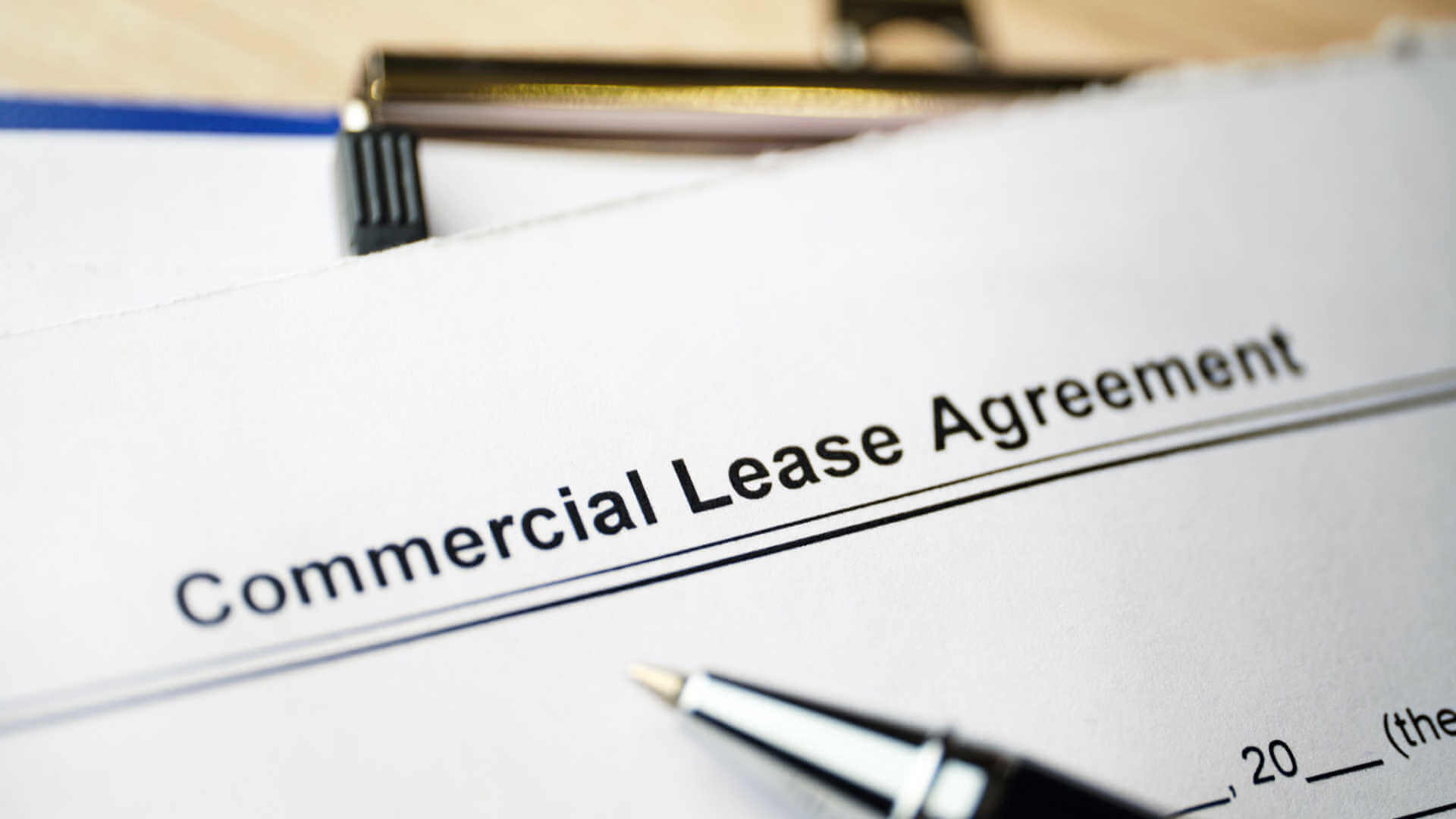
A commercial lease is a legally binding contract between a landlord (lessor) and a tenant (lessee) that outlines the terms and conditions of renting1 commercial property. This crucial document governs the rights and obligations of both parties throughout the lease term.
Key Provisions of a Commercial Lease
- Lease Term: The duration of the lease agreement, typically ranging from a few years to a decade or more.
- Rent: The amount of rent to be paid, including any applicable increases (e.g., annual rent escalations).
- Use of Premises: The specific permitted uses of the property, which can significantly impact the tenant’s business operations.
- Maintenance and Repairs: Responsibilities for property maintenance and repairs are clearly defined, typically dividing responsibilities between landlord and tenant.
- Utilities: Responsibilities for utilities (e.g., electricity, water, gas) are outlined, specifying who is responsible for payment.
- Insurance: Requirements for property insurance and liability insurance are typically included.
- Security Deposit: The amount of the security deposit, which is typically refundable at the end of the lease term provided the tenant fulfills their obligations.
- Renewal Options: Options for renewing the lease at the end of the term, including renewal terms and conditions.
- Default and Termination: Provisions for lease termination due to default by either party, including grounds for termination and remedies available.
Negotiating the Lease
Negotiating a commercial lease is a critical step. It’s essential to carefully review the lease agreement and negotiate terms that are favorable to your business.
- Seek Legal Counsel: Consulting with a commercial real estate attorney is highly recommended to ensure you understand the legal implications of the lease and protect your interests.
- Understand Your Rights: Familiarize yourself with your rights and obligations as a tenant under applicable laws and regulations.
- Negotiate Key Terms: Negotiate key terms such as rent, lease term, permitted uses, and maintenance responsibilities.
